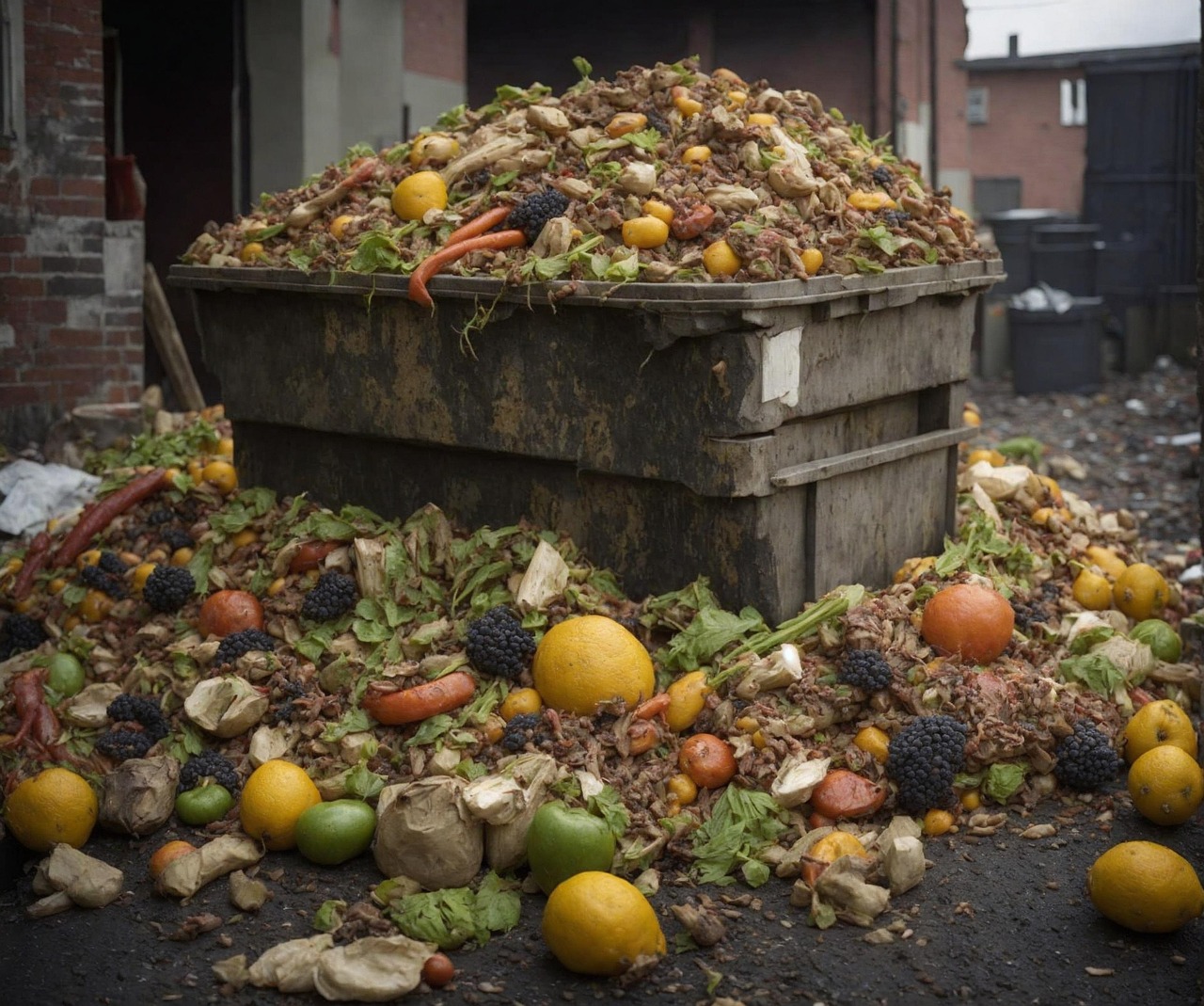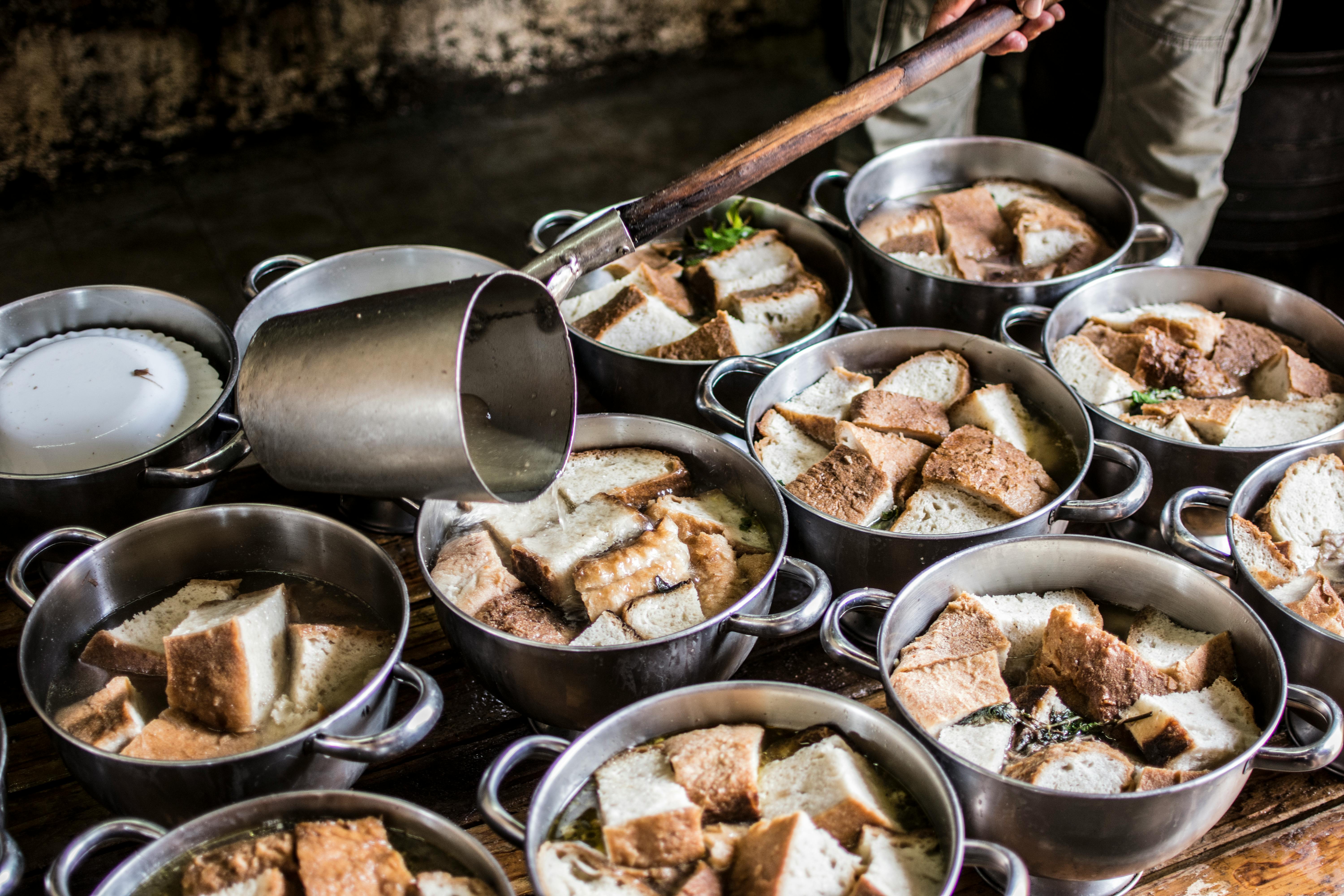Why Focus on Saving Food?
Food waste is one of the most pressing environmental and social issues of our time. Every year, billions of tons of perfectly good food are thrown away while millions go hungry. At Food Sack, we believe that by connecting businesses with consumers, we can create a sustainable solution that benefits everyone - saving money, reducing waste, and protecting our planet.
How Much Food Is Wasted?
Globally, approximately 1.3 billion tons of food is wasted every year - that's about one-third of all food produced for human consumption.
In South Africa alone, we waste around 10 million tons of food annually, while 1 in 4 people face food insecurity.
This amount of food could feed approximately 67 million people for an entire year - that's more than the entire population of South Africa.
This represents not just a massive economic loss of over R61 billion per year, but also a moral crisis when so many people struggle to put food on their tables.

How Does This Affect SA Businesses And People?
South African businesses lose approximately R61 billion annually due to food waste, representing a massive drain on profitability and resources.
Meanwhile, 14 million South Africans face food insecurity daily, with 1 in 4 people struggling to access adequate nutrition.
Small businesses are particularly affected, with food waste representing up to 15% of their total costs, significantly impacting their ability to grow and create jobs.
This creates a tragic paradox where perfectly good food is discarded while millions go hungry, highlighting the urgent need for innovative solutions like Food Sack.


Save
How Does This Affect Our Planet?
Food waste is responsible for approximately 8-10% of global greenhouse gas emissions - if food waste were a country, it would be the third-largest emitter after China and the USA.
Wasted food also means wasted resources: the water, land, energy, and labor that went into producing that food are all lost. This includes 25% of global freshwater usage and 28% of agricultural land.
When food rots in landfills, it produces methane - a greenhouse gas that's 25 times more potent than carbon dioxide in terms of climate impact.
What Is Surplus Food?
Surplus food is perfectly good, safe-to-eat food that businesses can't sell through their normal channels. This includes items that are approaching their best-before date, have minor cosmetic imperfections, or are simply excess inventory.
Examples include fresh bakery items at the end of the day, restaurant meals that weren't ordered, produce that's perfectly nutritious but doesn't look "perfect," and prepared foods from events or catering that went unused.
The key point is that this food is still completely safe and delicious - it just needs to find its way to people who will appreciate it rather than ending up in a landfill.

How Can We Stop Food Wastage and Save the Planet?
The solution lies in creating connections between those who have surplus food and those who want it. Food Sack bridges this gap by providing a platform where businesses can easily list their surplus food, and consumers can discover and purchase it at discounted prices.
By rescuing just one meal, you prevent approximately 2.5kg of CO2 emissions from entering the atmosphere. Imagine the impact when thousands of people join this movement!
For Businesses
Turn waste into revenue while reducing disposal costs and environmental impact
For Consumers
Access quality food at great prices while making a positive environmental impact
For Our Planet
Reduce greenhouse gas emissions, save water, and preserve our natural resources